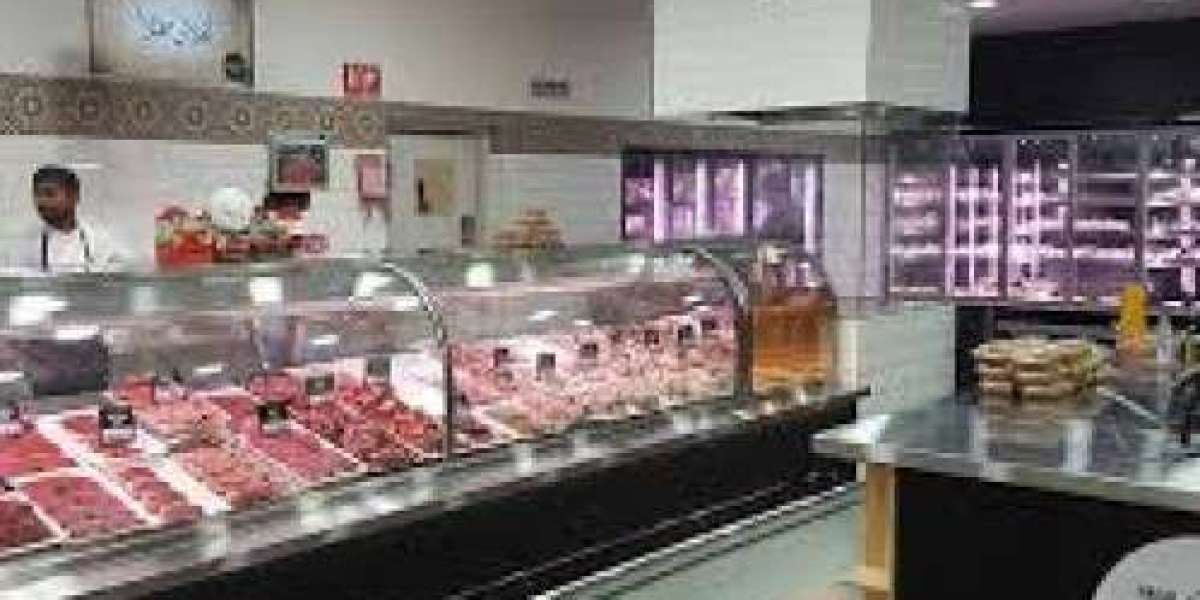Japan, a nation renowned for its meticulous attention to detail, exceptional hospitality, and unique culinary traditions, is increasingly finding itself at a fascinating crossroads: the burgeoning halal food market. Once a niche concern, the demand for halal-certified products and services is steadily rising, driven by a growing Muslim population both domestically and among inbound tourists. This shift presents both significant opportunities for businesses and unique challenges in a country where Islamic dietary laws have traditionally been less prevalent.
The Rise of Halal in the Land of the Rising Sun
The increasing presence of halal in Japan can be attributed to several key factors. Firstly, the number of Muslim residents in Japan has seen a notable increase, now estimated to be in the hundreds of thousands. While still a minority, this demographic shift naturally fuels a domestic demand for food that aligns with their religious principles. Secondly, and perhaps more significantly, is the surge in Muslim tourism. Japan has actively sought to attract more international visitors, including those from Muslim-majority countries like Malaysia and Indonesia, by easing visa requirements and promoting itself as a welcoming destination. The Tokyo Olympics (though postponed) served as a major catalyst, accelerating efforts to cater to diverse needs, including halal. Muslim travelers, seeking to enjoy Japan's rich cultural experiences without compromising their faith, are actively looking for halal food options, prayer facilities, and Muslim-friendly accommodations.
Understanding Halal: More Than Just No Pork
For many in Japan, the concept of halal is often simplistically understood as no pork and no alcohol. However, halal (Arabic for permissible or lawful) encompasses a comprehensive set of Islamic dietary laws that extend far beyond these two prohibitions. It dictates the entire supply chain, from sourcing raw materials and ingredients to manufacturing processes, storage, and even the prevention of cross-contamination with non-halal (haram) substances. Animals consumed as meat must be slaughtered according to specific Islamic rites (zabihah), and even seemingly innocuous ingredients like certain gelatin or emulsifiers derived from animal sources can render a product impermissible if not halal-certified.
This intricate nature of halal is where the challenges for the Japanese food industry often arise. Japan's traditional food manufacturing practices and ingredient sourcing may not inherently align with halal requirements, necessitating significant adjustments and a deep understanding of Islamic jurisprudence.
Challenges on the Path to Halal Maturity
Despite the undeniable growth, the halal food market in Japan faces several challenges:
- Lack of Standardized Certification: Unlike some Muslim-majority countries with unified governmental halal certification bodies, Japan has multiple private organizations offering halal certification (e.g., Japan Halal Association, Japan Muslim Association, Nippon Asia Halal Association). This can lead to confusion for businesses seeking certification and for consumers trying to identify genuinely halal products, as different bodies may have slightly varying standards and international recognition.
- Awareness and Understanding: While increasing, a general lack of in-depth understanding of halal beyond the basic prohibitions persists among many Japanese businesses and consumers. This can lead to misinterpretations, improper handling, and a perception that halal food is exclusively for Muslims, thus limiting its broader appeal.
- Cost and Complexity of Certification: Obtaining and maintaining halal certification can be a complex and expensive process, especially for smaller businesses. It often requires significant investment in new equipment, staff training, and the establishment of dedicated halal production lines or segregated storage to prevent cross-contamination.
- Limited Supply Chain for Halal Ingredients: The scarcity of readily available halal-certified ingredients and raw materials within Japan poses a significant hurdle. Many halal ingredients have to be imported, which can increase costs and logistical complexities.
- Cross-Contamination Risks: In a country where pork and alcohol are common culinary components, preventing cross-contamination in shared production facilities or restaurant kitchens is a major concern that requires strict adherence to hygiene and separation protocols.
Opportunities for Growth and Innovation
Despite these challenges, the opportunities within Japan's halal food market are substantial and multi-faceted:
- Growing Domestic and Tourist Market: The increasing number of Muslim residents and the government's continued efforts to attract Muslim tourists ensure a steadily expanding consumer base. Businesses that cater to this demand can tap into a loyal and underserved market.
- Export Potential: Japanese food, known for its quality and innovation, holds immense appeal globally. Halal certification can unlock lucrative export opportunities to Muslim-majority countries, where demand for quality halal products is consistently high.
- Muslim-Friendly Initiatives: Beyond strict halal certification, a Muslim-friendly approach allows businesses to cater to Muslim needs without undergoing full halal certification. This can involve offering vegetarian or seafood options, providing prayer spaces, and clearly labeling ingredients. This flexibility broadens the scope for many businesses.
- Government Support and Promotion: The Japanese government, through initiatives like the Japan Tourism Agency's model project to support halal and vegetarian-friendly services, is actively encouraging businesses to adapt. Subsidies for prayer spaces, pictogram usage for ingredients, and menu development demonstrate a commitment to fostering a more inclusive environment.
- Innovation in Halal Products: The demand for authentically Japanese halal food, particularly processed foods and souvenirs, presents a significant opportunity for innovation. Developing halal versions of popular Japanese snacks, condiments (like halal soy sauce and mirin), and ready-to-eat meals can be a game-changer.
- Education and Consulting: A growing need exists for experts who can bridge the cultural and religious gap, providing consulting services and training to Japanese businesses on halal requirements, best practices, and market entry strategies.
The Future of Halal in Japan
The trajectory of the halal Japan food market in Japan points towards continued growth and integration. As awareness deepens and more businesses recognize the economic imperative and social value of catering to Muslim consumers, the landscape will undoubtedly evolve. Key to this evolution will be:
- Harmonization of Certification: Greater collaboration and standardization among Japanese halal certification bodies, or stronger recognition of internationally recognized certifications, would instill greater confidence and streamline processes.
- Investment in Halal Supply Chains: Developing local sources for halal ingredients and establishing dedicated halal production facilities will reduce reliance on imports and lower costs.
- Cultural Sensitivity and Education: Ongoing efforts to educate the broader Japanese public about halal, dispelling misconceptions and fostering a deeper understanding of Islamic dietary practices, will be crucial for wider acceptance and market penetration.
- Technological Solutions: The development of user-friendly apps and online platforms that accurately identify halal establishments and products will empower both residents and tourists.



